- "I treated myself with medicinal marijuana for most of my career"
Retired player Nate Jackson has admitted in a New York Times article that it is common knowledge and a widespread practice for American football players to use marijuana to deal with the pain caused by the multiple injuries they suffer over the course of their careers. The issue is simple: many athletes prefer to smoke cannabis, which is natural, rather than facing addictions to other medicines, or undergo painful injections.
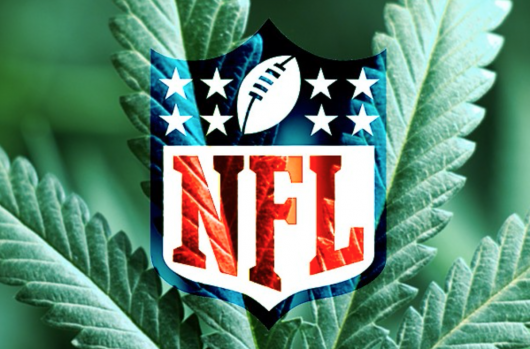
American football players suffer injuries very frequently. The pain from these injuries is almost unimaginable for those who do not play this sport professionally, but those who play on a daily basis, often need medical marijuana to lead normal lives, as free of stress and pain as possible.
Nate Jackson is an example. "I broke my tibia, dislocated my shoulder, tore my groin with a bone, broke some ligaments, fingers and ribs, and suffered brain trauma," he explains. As a result, as the former American football player recently admitted, he had to medicate with cannabis between 2003 and 2008. Most of his peers with similar injuries have needed the same medicine to lead normal lives for all these years.
Although there are alternative medicines for these types of ailments, most athletes choose cannabis. Many of them do not experience any improvement from pills or shots and, as Jackson explained, they are familiar with cannabis from adolescence, as they begin to use it very early to deal with the brutality of the game.
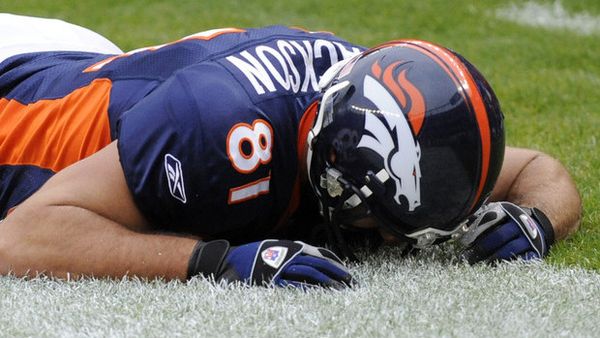
In the football sector, there are many who believe that the NFL needs to make significant changes in its drug policy, which applies penalties for marijuana consumption. Jackson protested that players are punished for using a plant which is a necessity for them. “You can´t compare marijuana to other drugs,” he says. And he knows that many players have been suspended for this issue. “It's the rule, but it's an absurd one,” he says.
Earlier this year NFL Commissioner Roger Goodell stated that the league could consider allowing athletes to use marijuana to treat their concussions and head injuries, as some specialists consider it “a legitimate solution.” These statements were made after an HBO report estimated that 50-60% of league players use cannabis regularly to stave off pain. Tank Johnson, another former player, says that estimate is low. “The number is up around 70 to 80%,” he says.
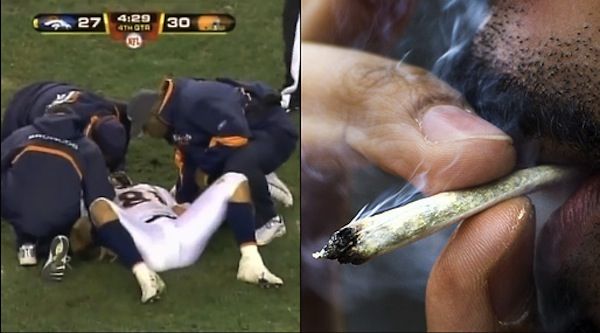
Johnson adds that marijuana also helps athletes to relax, have fun, and enjoy playing. What's more, “controlling the pain is essential for this type of competition to be profitable. The NFL is possible only if pain is under control.” Allowing players to openly take therapeutic marijuana is, according to Johnson, more necessary than ever, and he cites some examples to explain it. He says he knows fellow players who have nightmares due to the terrible injuries they suffer. Some have even used epidural anaesthesia to play games.
There is no shortage of opinions regarding an issue that is being debated with great interest. Ryan Clark, a veteran player in the league for over 12 years, says that in his case he has never felt the need to smoke, but many of his teammates do. “It’s not a recreational question, but rather has to do with medication.”
The player states that, for these athletes, consuming marijuana is much more beneficial than using other medicines to which they invariably end up becoming addicted. “It is a natural way to medicate. But Goodell believes that the issue of addiction is questionable and “marijuana could also have negative effects on players.”
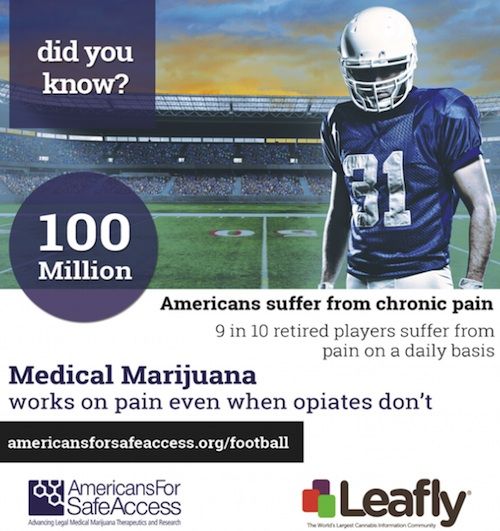
In response to these reservations, which seem to be harboured among top brass at the NFL, Professor Lester Grinspoon at Harvard University wrote a public letter to Goodell encouraging him to finance a study on the benefits which marijuana could have for players, especially those who might suffer chronic brain damage.
The truth is that neither the debate nor the problem are new. Two years ago, in 2012, three Detroit Lions players were arrested for marijuana possession during the season. And in 2009 an NCAA report estimated that 26.7% of its college football players were using marijuana.
Clark is among those who believe that the league is fighting a lost cause by banning our beloved plant. Aside from that, he says that the tests conducted to detect whether players are using marijuana or not are not serious, as they are carried out at the start and the end of the season. No test is performed in between, which leads him to conclude that these are just carried out only as a way to keep up the protocol.
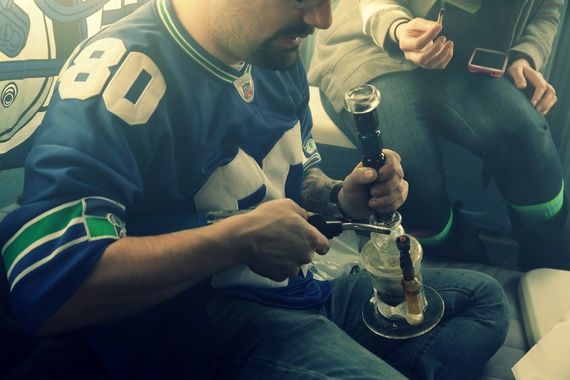
For those who might disagree, Nate Jackson assures that marijuana and excellence on the field are not at odds. What's necessary is “to take the job seriously." And he is fully aware that if his performance or that of his fellow players had dropped off they would have had to end their medical treatment immediately, something that nevertheless they could not afford to do, for health reasons.
So far, eight retired players have sued the NFL after becoming addicted to painkillers as a result of their profession. The players’ lawyers are trying to transform the case into a class action suit on behalf of the thousands of players affected. The plaintiffs accuse the NFL of adopting unscrupulous measures to alleviate players' pain so that they can get out on the field.
If the accusations are proven to be true, the NFL could be facing a serious problem. This might be the tipping point, forcing the organization to completely rethink the need to regulate the use of therapeutic cannabis for its players. At least it is a natural medicine that they would consume without it being imposed, unlike what happens today.
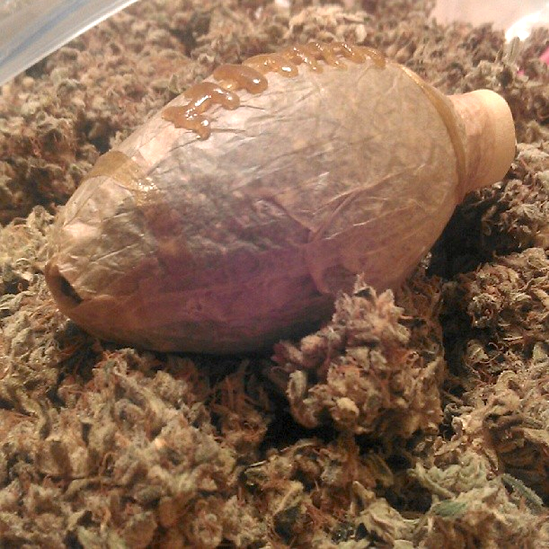
--------------------
14.00
Normal 0 false false false EN-US JA X-NONE /* Style Definitions */ table.MsoNormalTable {mso-style-name:"Table Normal"; mso-tstyle-rowband-size:0; mso-tstyle-colband-size:0; mso-style-noshow:yes; mso-style-priority:99; mso-style-parent:""; mso-padding-alt:0cm 5.4pt 0cm 5.4pt; mso-para-margin-top:0cm; mso-para-margin-right:0cm; mso-para-margin-bottom:10.0pt; mso-para-margin-left:0cm; line-height:115%; mso-pagination:widow-orphan; font-size:11.0pt; font-family:"Calibri","sans-serif"; mso-ascii-font-family:Calibri; mso-ascii-theme-font:minor-latin; mso-hansi-font-family:Calibri; mso-hansi-theme-font:minor-latin;}
With information from Usatoday.com, Nytimes.com,Thecannabist.co,espn.go.com, NFL.com,mmqb.si.co ,



Comments from our readers
There are no comments yet. Would you like to be the first?
Leave a comment!Did you like this post?
Your opinion about our seeds is very important to us and can help other users a lot (your email address won't be made public).